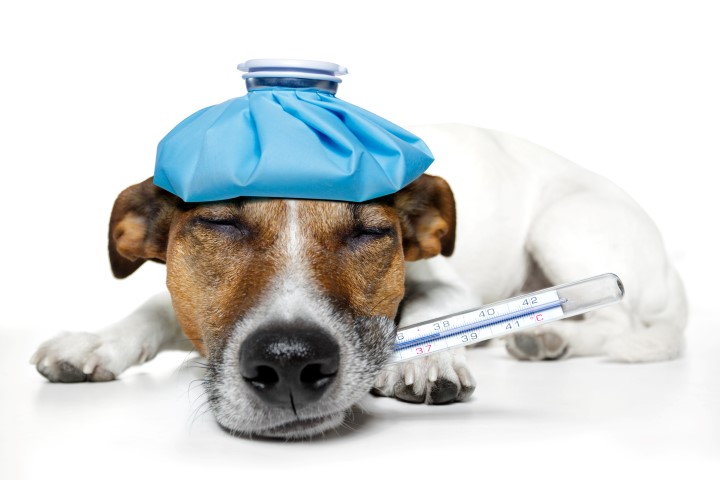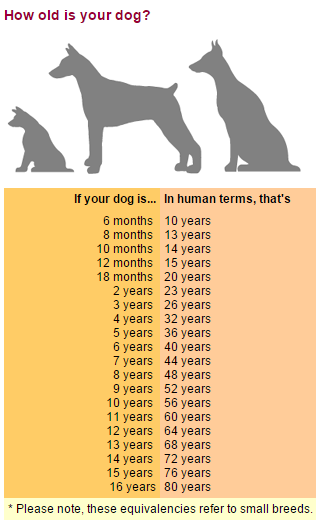Dog Care | Your Puppy’s First Visit
So you’ve decided to get a puppy! You feel as though you have “puppy-proofed” your house, and have bought lots of fun toys for your new pet. This little puppy will bring you a lot of joy, and in return, you must be ready to commit to your pet’s long-term health, happiness, and quality of life. This can be easily achieved by providing good nutrition, a safe and loving environment and regular checkups with your veterinarian.

The First Check-up
Your new puppy should visit a veterinarian right away. As well as a thorough physical examination, we will discuss dietary needs for all breeds and lifestages, benefits of spaying or neutering, permanent identification (microchipping), and pet insurance. Our Veterinarians will discuss and create a vaccination and deworming schedule that is unique to your pet’s lifestyle. We will also provide a complimentary 30-day trial for Trupanion Pet Insurance.
Tips to Make Your Puppy Feel at Home
Allow your puppy some time to explore their new environment. Show them places like where they can eat, sleep, and use the bathroom. If you have young children in the home, be sure to explain to them the puppy is a member of the family that needs to be treated with dignity and respect – the puppy is not a toy. At 8 weeks old, puppies are capable of learning specific lessons so start housebreaking your puppy and teaching simple obedience commands, like “sit” and “stay”. With positive reinforcement, you puppy will find learning easy and fun.
Spaying and Neutering
Many veterinarians believe in spaying or neutering your puppy. Not only reduce unwanted pet populations, but it also makes for easier-to-live-with pets. Spayed female dogs are more friendly and relaxed, and neutered male dogs are less aggressive. Plus, these treatments minimize the chances or your pet’s risks of cancer in the reproductive organs.
Common Issues
Obesity is a large health risk for your dog. An older dog is less active, so adjust your pet’s diet accordingly. Obesity puts a strain on joints, internal organs, and more. Other diet changes include increasing fiber, fatty acids, and vitamins. Reduce sodium, excess protein and fats.
Arthritis can range from slight discomfort to total debilitation. An exercise program can be adjusted to this condition. Your vet can also recommend medication for your animal to take.
Hot and cold can affect smaller or older dogs. During colder months, move your dog’s bed towards a heater, and never leave your dog in a hot car during summer months.
Tooth lose not only makes it harder for your dog to chew but also increases the chances of infection and tumors. Proper dental care is important.
Prostate enlargement is mostly diagnosed in unneutered or unsprayed pets. Have the prostate examined during regular check-ups.
Separation Anxiety presents itself in older dogs who can no longer handle fear.

